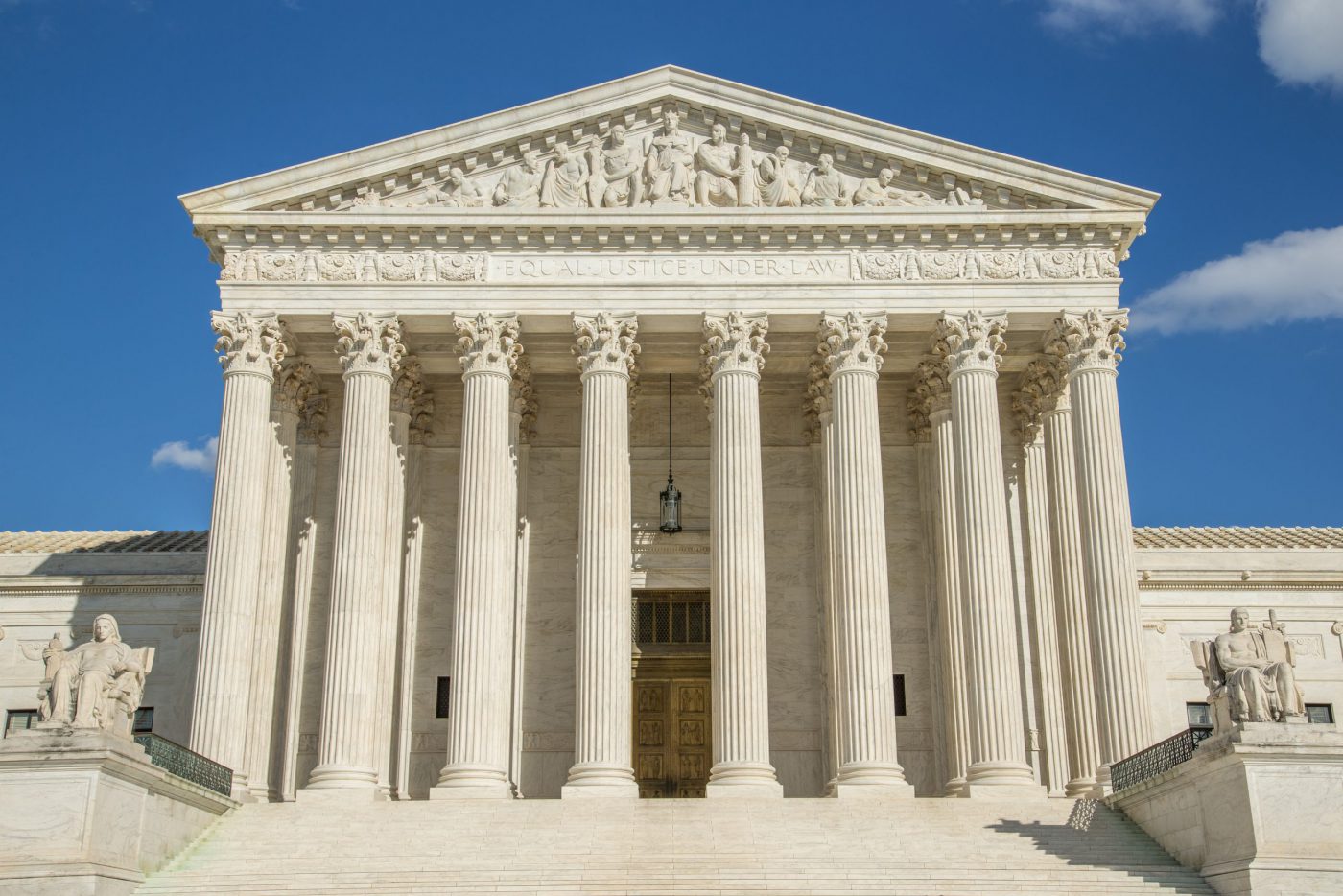
On Thursday, Dec. 10, the U.S. Supreme Court issued a decision reversing a lower court and allowing a 2015 Arkansas law regulating pharmacy benefit managers’ (PBM) payments to pharmacies to stand. The law, Arkansas Act 900 of 2015, requires PBMs to pay pharmacies at or above the pharmacies’ acquisition cost for generic drugs.
The Pharmaceutical Care Management Association (PCMA), which is the national trade association for PBMs, argued that the federal law preempted Act 900, prohibiting the state from directly regulating how plans pay for benefits. One of PCMA’s main claims was that the enforcement mechanisms in the state law — including mandating a particular pricing methodology and pharmacy appeal rights — “impermissibly interfere” with uniform plan administration across states. The association said that this could result in increased administrative burden and costs for beneficiaries, thus affecting the benefits available to beneficiaries under the plan.
On behalf of the court in a unanimous decision rejecting the PCMA’s arguments, Justice Sonia Sotomayor wrote that the Arkansas law was not preempted by the federal Employee Retirement Income Security Act of 1974 (ERISA). The court indicated that the enforcement mechanisms in the state law “do not require plan administrators to structure their benefit plans in any particular manner, nor do they lead to anything more than potential operational inefficiencies.” In sum, state laws that merely cause a lack of uniformity in administration across states, increase costs, or alter incentives “without forcing plans to adopt any particular scheme” are permissible.
A separate question before the court was whether ERISA plans were exclusively targeted by the state law or were essential to the state law’s operation. The court again rejected PCMA’s claims “because [the state law] applies to PBMs whether or not they manage an ERISA plan.”
This ruling is important as Arkansas and other states more aggressively seek to regulate the practices of PBMs, address surprise billing, and seek greater transparency in health care. During a special session in 2018, the Arkansas General Assembly passed additional laws regulating how PBMs could operate in the state. The laws required PBM licensure with oversight by the Arkansas Insurance Department and prohibited PBMs from:
- including “gag clauses” in contracts with pharmacists that prevent them from discussing more affordable alternatives with patients;
- paying retail pharmacies owned by the PBM higher rates than independent pharmacies; and
- engaging in “spread pricing,” in which the PBM pays a pharmacist a lower rate than the PBM’s contracted rate with the health plan.
A proposed rule by the Arkansas Insurance Department points to the Arkansas Healthcare Transparency Initiative’s mandated data collection process as a tool to provide transparent information to assist with regulatory enforcement.






